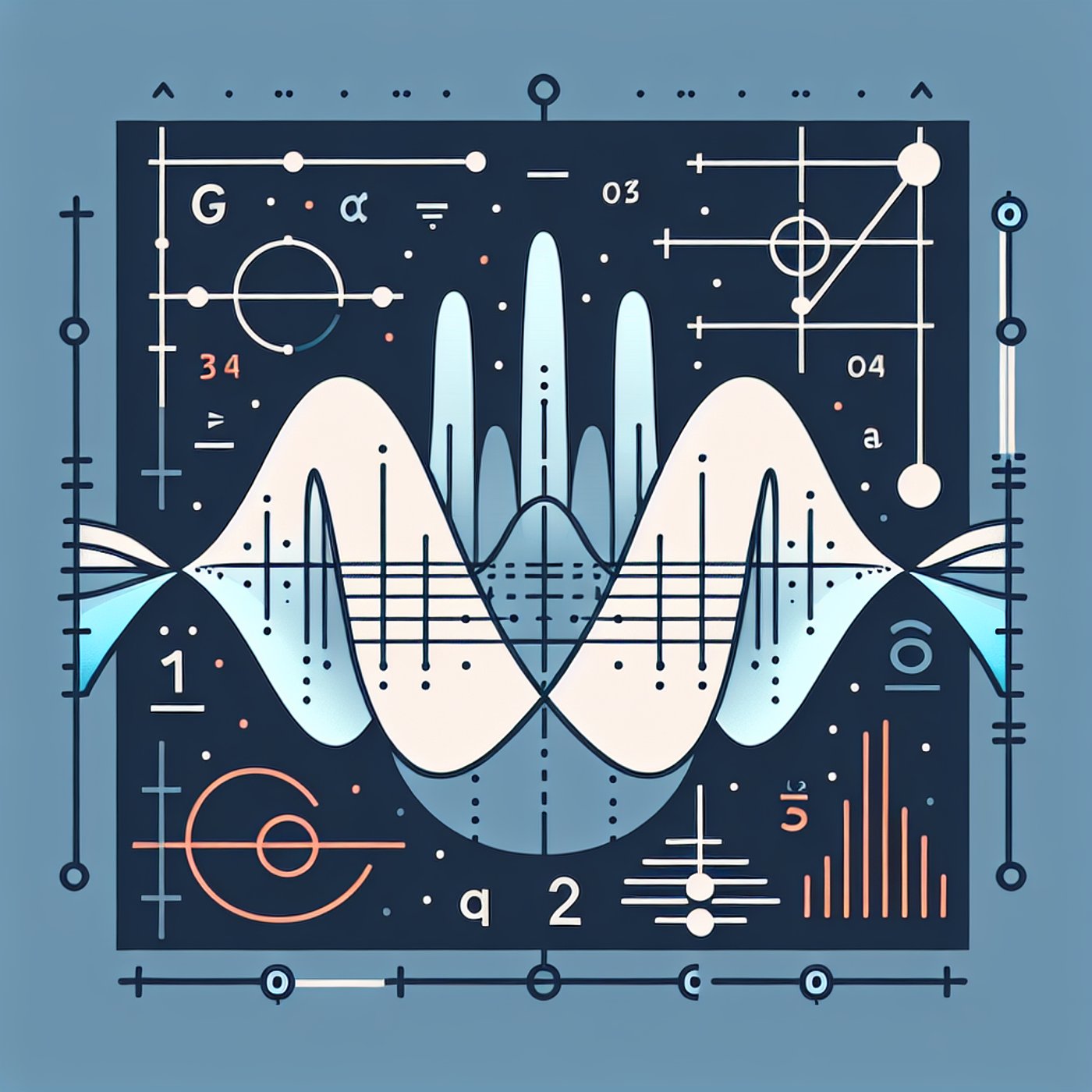
Unlocking the Fourier Transform: A Mathematical Marvel
Description
In this episode, we explore the revolutionary concept of the Fourier transform, a mathematical tool that breaks down complex functions into simpler components. Our expert guest explains how Jean-Baptiste Joseph Fourier's discovery in the early 1800s reshaped mathematics, physics, and engineering. From signal processing in audio and image analysis to applications in finance and differential equations, the Fourier transform remains a cornerstone of modern science. Join us as we unravel its significance and practical uses, demonstrating how this timeless mathematical principle continues to illuminate the complexities of our world today.
Show Notes
## Key Takeaways
1. The Fourier transform breaks down complex functions into simpler waves.
2. Developed by Jean-Baptiste Joseph Fourier, it revolutionized mathematics and sciences.
3. The transform has applications in signal processing, audio cleaning, and financial analysis.
## Topics Discussed
- Introduction to the Fourier transform
- Historical context and significance
- Practical applications in modern technology
- Interconnectedness of various scientific fields
Topics
Transcript
Host
Welcome to our podcast! Today, we're diving into a fascinating mathematical concept that has transformed how we understand the world around us. We're talking about the Fourier transform. To help us unravel this topic, we have a special guest, an expert in mathematics and physics.
Expert
Thanks for having me! I'm excited to talk about the Fourier transform, which is not just a math concept but a powerful tool that underpins many fields, from engineering to music.
Host
Great! So, what exactly is the Fourier transform?
Expert
At its core, the Fourier transform is a mathematical operation that breaks down complex functions into simpler parts, specifically into individual waves or frequencies. Imagine listening to a symphony. Each instrument produces a unique sound, and the Fourier transform helps us understand the individual contributions of each instrument within the overall sound.
Host
That's a helpful analogy! So, how does this work in practice?
Expert
Think of it like this: when you hear a song, your brain collects all those sound waves and separates them into different frequencies. The Fourier transform does a similar thing—taking a complicated function and representing it as a sum of simpler sinusoidal functions, which are just waves.
Host
Interesting! And who came up with this concept?
Expert
The concept was developed by Jean-Baptiste Joseph Fourier in the early 1800s. Fourier was a French mathematician who, during a time of great turmoil in France, discovered that any function could be expressed as a sum of sine and cosine functions. His work laid the foundation for a whole new field of mathematics called harmonic analysis.
Host
Wow, so it was quite revolutionary!
Expert
Absolutely! Fourier’s method not only changed mathematics but also significantly impacted physics, engineering, and even computer science. For example, the Fourier transform is used in signal processing, which is essential for everything from audio compression to image analysis.
Host
Could you give us a practical example of the Fourier transform at work?
Expert
Sure! Let’s say you're recording a podcast and you want to clean up the audio. By applying the Fourier transform, you can isolate background noise from your voice, allowing you to enhance the sound quality.
Host
That’s super practical! It’s amazing to think that a concept developed over 200 years ago is still so relevant today.
Expert
Yes, and it really shows how interconnected various fields of study are. The Fourier transform finds applications in everything from analyzing financial markets to solving differential equations in physics.
Host
Thanks for breaking that down! It sounds like the Fourier transform is an essential tool for anyone working with complex data.
Expert
Exactly! It’s a prime example of how math can illuminate the complexities of the world we live in.
Host
Thanks for your insights today! It’s been a pleasure learning about the Fourier transform.
Expert
My pleasure! Thanks for having me.
Create Your Own Podcast Library
Sign up to save articles and build your personalized podcast feed.